News & Commentary
Oct 10, 2024
Remembering a last-ditch effort to block the death penalty in South Carolina
In 1977, Black and Republican lawmakers fought to the bitter end against state killing
By Paul Bowers
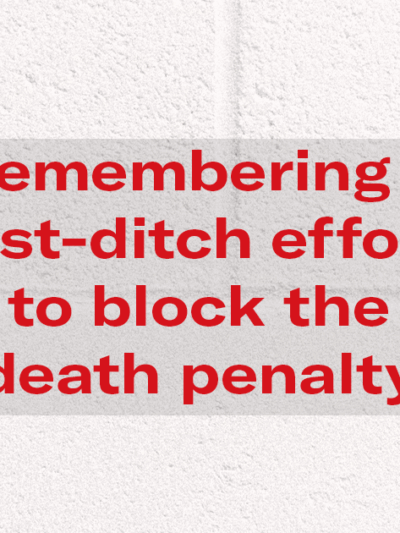
Sep 27, 2024
The campaign to end the death penalty is urgent again
Outrage over state executions has reached the international stage. It’s time for a new generation to finish the work of ending the death penalty.
By Paul Bowers
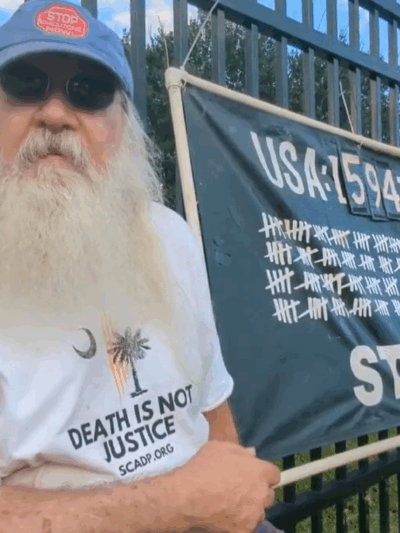
Oct 17, 2023
An update on Brittany Martin, a Black activist behind bars
She received a 4-year prison sentence for speaking out during a protest. We’re fighting to free her.
By Paul Bowers
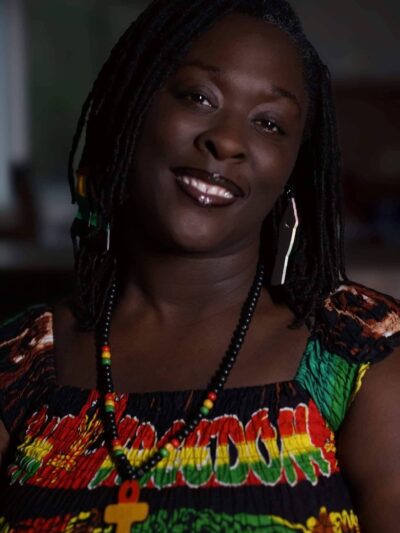
Sep 21, 2023
Hard facts about South Carolina’s death penalty
Executions are costly, racist in practice, and ineffective at keeping us safe. We should abolish the death penalty now.
By Paul Bowers
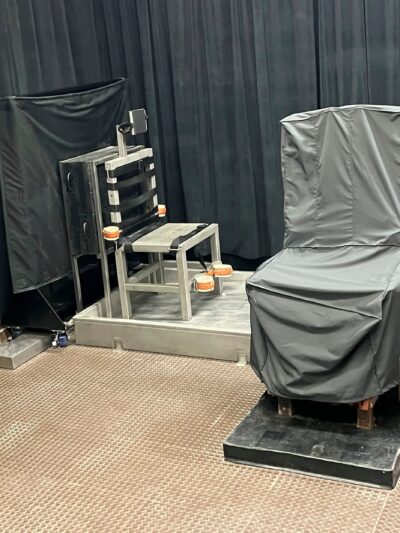
May 09, 2022
Status on the Execution of Richard Moore
There was a temporary stay issued by the South Carolina Supreme Court that halted that execution, but the execution is still possible. We and our partners are still fighting to stop the execution entirely – we don't believe in inhumane state-sanctioned murder.
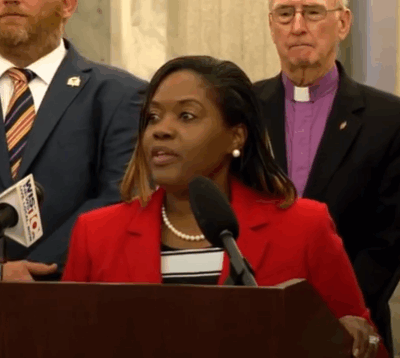
Apr 29, 2022
Children are Living a Nightmare in DJJ Facilities
We filed a lawsuit against the Department of Juvenile Justice (DJJ) to try and help over 250 children living in nightmare conditions in DJJ facilities. The DJJ is significantly understaffed and undertrained, and as a result, children have suffered irreparable harm.
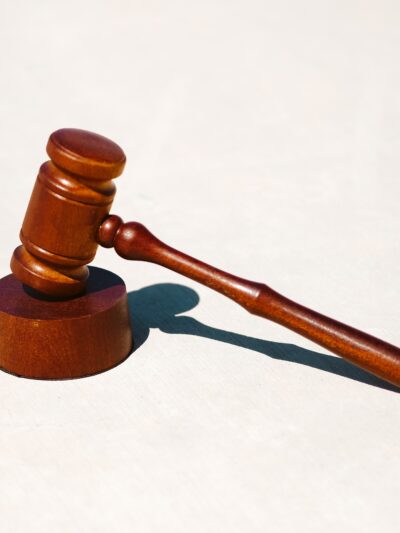
Apr 23, 2022
Uniting Against the Execution of Richard Moore
Mr. Moore's execution is still postponed due to a temporary stay issued by the South Carolina Supreme Court. Tell Governor McMaster to put a stop to this execution.
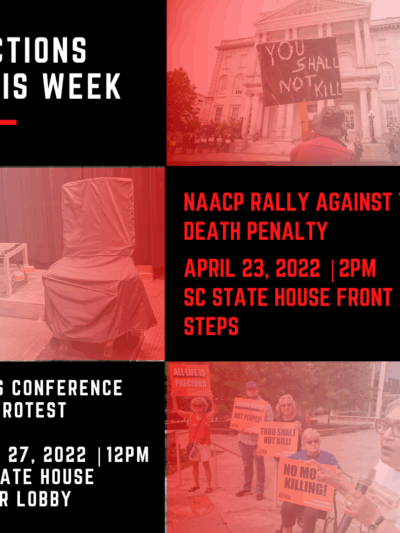
Dec 10, 2020
The Charleston City Council Must Ensure an Effective Police Body Camera Policy
The Charleston Police Department (CPD) seeks City of Charleston tax dollars to expand its body camera program. The Charleston City Council must ensure strong policies governing the use of body cameras by CPD before providing CPD with additional revenue for its body camera program. Without strong policies, body cameras become just another tool to hide law enforcement abuses. Specifically, the Charleston City Council must ensure CPD’s body camera policy includes the following mandates:
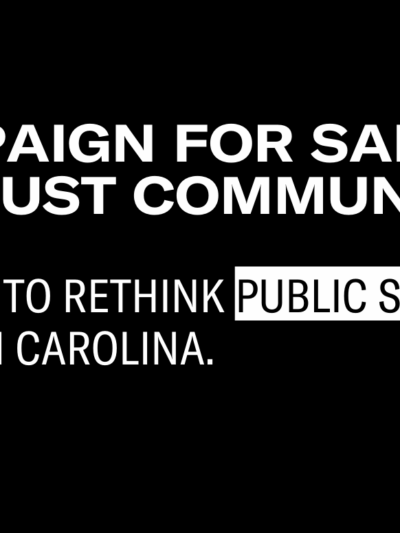
Oct 22, 2020
We're Still Fighting for Charleston to Hold its Police Department Accountable for Brutalizing Protestors on May 31
Along with our partners at South Carolina for Criminal Justice Reform (SC4CJR), today we sent a letter expressing concerns about the city of Charleston’s assessment of its response to the uprising in Charleston on May 30 and 31, 2020. In a letter to Mayor Tecklenburg, Charleston Police Chief Reynolds, and Charleston City Council, we provided an analysis of objections to the city’s assessment and reiterated our opposition to mass police violence in and around Marion Square on the afternoon and evening of Sunday, May 31, 2020.
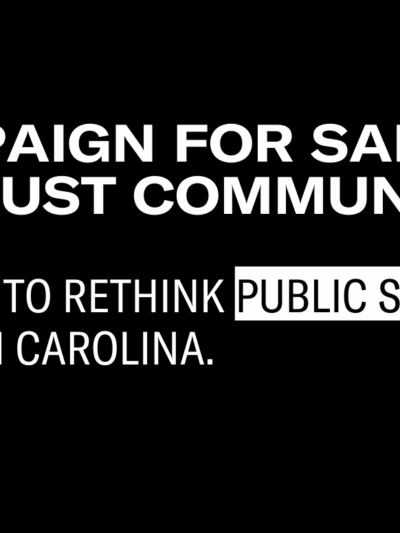
Stay Informed
Sign up to be the first to hear about how to take action.
By completing this form, I agree to receive occasional emails per the terms of the ACLU’s privacy statement.
By completing this form, I agree to receive occasional emails per the terms of the ACLU’s privacy statement.
